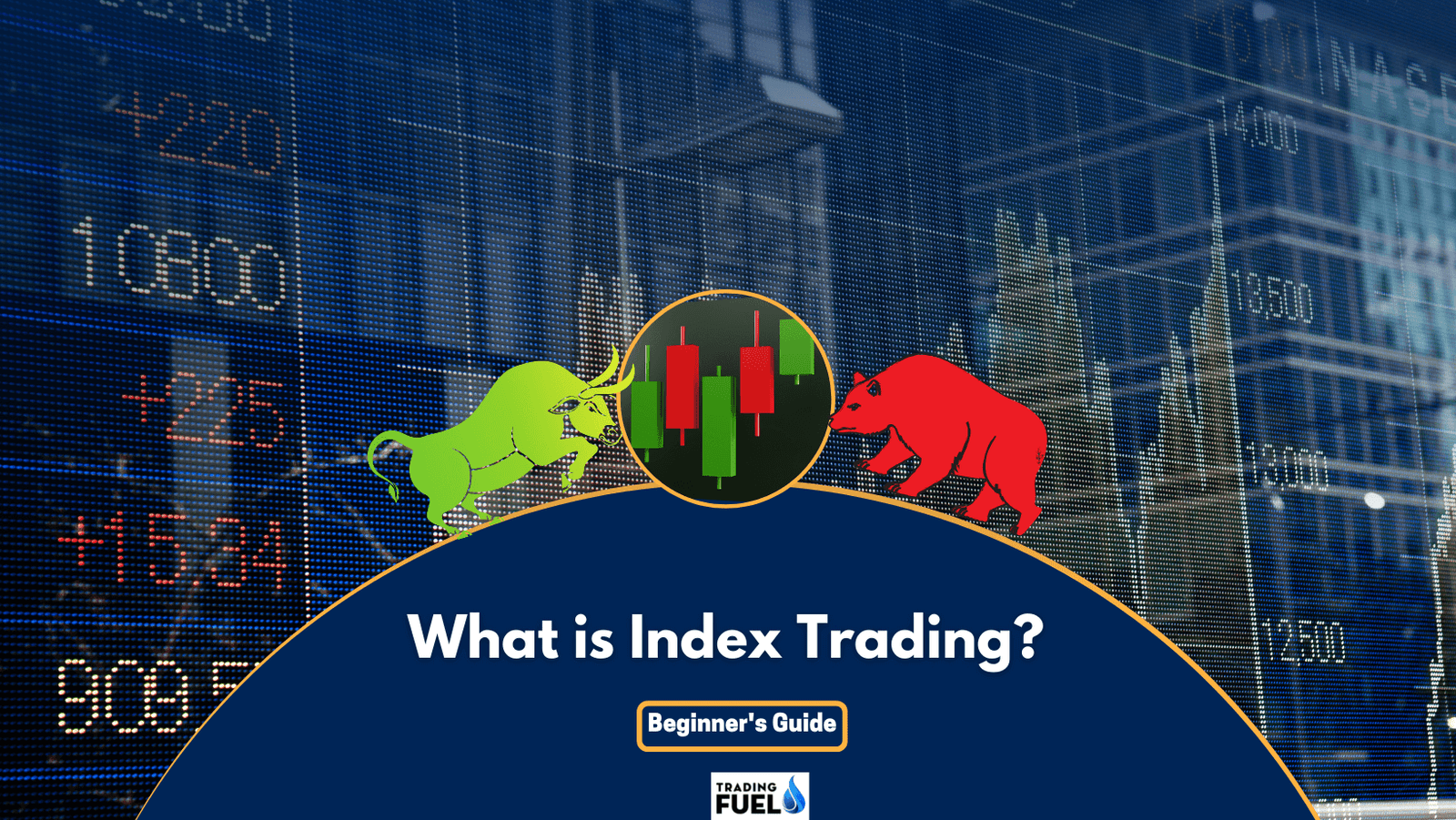As a seasoned options trader, I can’t stress enough the importance of indicators in deciphering market movements and making informed trading decisions. Index options trading, in particular, demands a keen eye for understanding market trends and patterns. In this article, we’ll explore a comprehensive list of index options trading indicators that have proven invaluable in my trading journey.

Image: www.axi.com
Indicators for Market Trend Analysis
Identifying market trends is crucial for gauging the overall direction of index prices. Here are some key indicators to help you spot trend reversals and ride the momentum:
Moving Averages (MAs)
MAs smooth out price fluctuations, revealing the underlying trend. A rising MA indicates an uptrend, while a falling MA suggests a downtrend. Different MA variations, such as simple (SMA) and exponential (EMA), provide diverse perspectives on trend strength.
Bollinger Bands (BBs)
BBs create an envelope around the price, with the bands widening during periods of high volatility and narrowing during low volatility. Breakouts above or below the bands signal potential trend reversals.

Image: dollarsandsense.sg
Indicators for Volatility Assessment
Volatility measures the extent of price fluctuations, which directly impacts option premiums. Here are some indicators to gauge market volatility:
Volatility Index (VIX)
The VIX, often dubbed the “fear gauge,” reflects market expectations of future volatility. High VIX values indicate heightened uncertainty, while low values suggest complacency. Options traders often use VIX to predict premium pricing and adjust their strategies accordingly.
Historical Volatility (HV)
HV measures the volatility of an underlying index over a specific period, usually 30 or 60 days. Comparing HV to the current VIX can provide insights into whether the market is over or underestimating volatility.
Indicators for Sentiment Analysis
Gauging market sentiment is essential for understanding the psychological factors driving price movements. Here are some indicators that shed light on investor sentiment:
Put-Call Ratio (PCR)
PCR measures the ratio of put to call options traded in a given period. A high PCR indicates a bearish sentiment, while a low PCR suggests bullish sentiment.
Open Interest (OI)
OI represents the number of outstanding options contracts for a specific index. A rising OI usually signals increasing market participation and potential trend continuation.
Tips and Expert Advice for Index Options Trading
Leveraging these indicators can significantly enhance your index options trading strategies. Here are some expert tips for effective indicator application:
Combine Multiple Indicators
No single indicator is foolproof. Combining different indicators that measure various aspects of market behavior provides a more comprehensive view of the market landscape.
Adjust Based on Market Conditions
Indicators are not static; their effectiveness can vary depending on market conditions. Adapt your indicator strategies based on the prevailing volatility, trend strength, and investor sentiment.
Frequently Asked Questions
- Q: Which indicator is best for trend trading?
- A: Moving Averages (MAs) and Bollinger Bands (BBs) are widely used for identifying trends.
- Q: How can I measure volatility in index options?
- A: Volatility Index (VIX) and Historical Volatility (HV) provide valuable insights into market volatility.
- Q: What indicators are helpful for gauging market sentiment?
- A: Put-Call Ratio (PCR) and Open Interest (OI) shed light on investor sentiment towards index options.
Index Options Trading Indicators

Image: www.tradingfuel.com
Conclusion
Index options trading indicators serve as invaluable tools for options traders, providing insights into market trends, volatility, and sentiment. By incorporating these indicators into your trading strategies, you can enhance your decision-making process, navigate market dynamics, and potentially increase your profitability.
Are you ready to leverage index options trading indicators in your quest for financial success? Share your thoughts and questions in the comments below.






